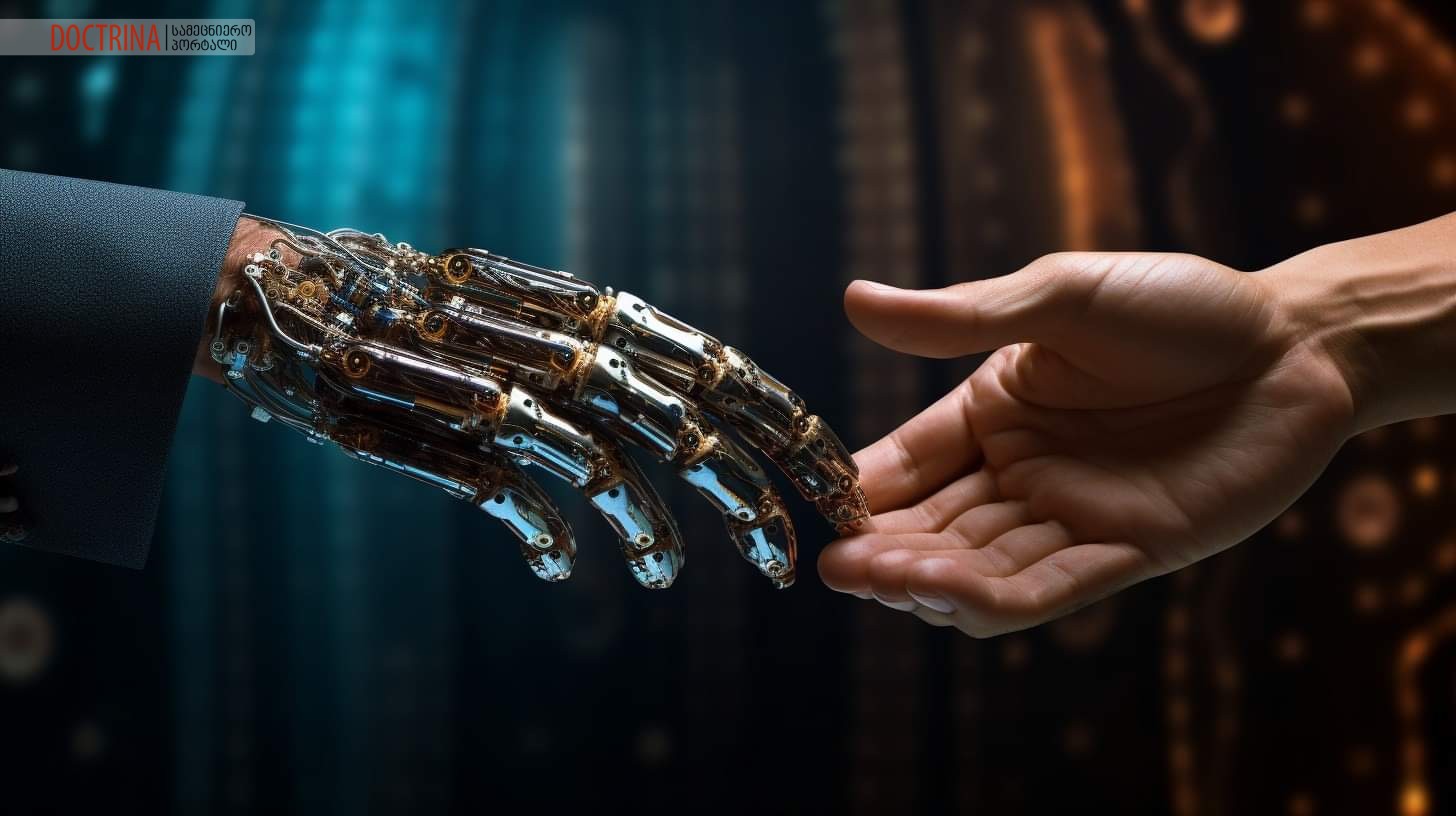What is artificial intelligence?
Artificial Intelligence AI (Artificial Intelligence) is a field of computer science that is focused on performing tasks that historically required human labor and intelligence. Artificial intelligence is used in various fields, including healthcare, finance, transportation, the entertainment industry, and others. Artificial intelligence has the potential to revolutionize our daily lives and change our day-to-day lives – to make everyday things easier and to improve our performance. This process is an integral part of the fourth industrial revolution, which is expected to bring significant changes in our daily lives. Therefore, the readiness and adaptation of society and each person are crucial in these processes. For example, currently, there are AI-powered popular virtual assistants, including Amazon Alexa, Apple Siri, Google Assistant, etc., which have become an integral part of our daily lives. They can perform various tasks including reminding the user about various tasks, helping users to manage their time, widening access to various information, and enabling users to ask questions and receive answers. Artificial intelligence has already become important in medicine and helps doctors to get more accurate and faster diagnoses and to make treatment more complex and qualified. It helps researchers work on different materials to get the latest information about different drugs, treatments, etc.
Artificial intelligence and professions
Jobs that will be replaced by AI:
Artificial intelligence is expected to have a significant impact on human jobs and the labor force – more jobs will be automated and new directions will emerge. According to World Economic Forum research, generative artificial intelligence will have a revolutionary impact on labor in the future and many jobs will no longer exist, especially in healthcare, finance, transportation, and entertainment fields. On the other hand, it will also have a significant impact on office jobs, various services, sales, manufacturing processes, food services, and other services.
Jobs that are less likely to be replaced yet
According to the World Economic Forum, jobs that are less likely to be replaced by artificial intelligence (AI) in the future are those that require dispute, deliberation, creativity, physical dexterity, and human emotional intelligence. Some professionals believe that their jobs are safe from artificial intelligence. This includes agricultural equipment operators, heavy equipment and tractor bus drivers, vocational education teachers, nurses, doctors, therapists, counselors, musicians, artists, writers, and journalists. However, on the other hand, before the World Economic Forum touches on this topic again, it must be mentioned that artificial intelligence has already been used to create works of art, paintings, and electronic music that has become 10 times more interesting for listeners than those, human-created ones. Humans need muses and hours, days, weeks, or months to create all these, while artificial intelligence can create them in minutes. So, it is easy to understand that the capabilities of artificial intelligence are limitless, and it is very cautious and conditional to make any predictions.
Benefits for new professionals
It is worth noting that artificial intelligence will enrich and diversify people’s activities in various directions, although the process is irreversible and more innovations are expected in the future. It will create new opportunities for further learning and development and new roles and jobs. In the future, artificial intelligence is expected to touch all aspects of our lives, and we will have to learn to live with it and take into account ethical and moral norms so that society can benefit from it as much as possible.
Artificial intelligence and religion
Artificial intelligence and religion – an interesting topic that involves how technological developments can affect people’s beliefs, spirituality, and lives. There are some important points it will touch on and have already touched on
Robot priests:
Some religions have already tested robot priests performing religious rituals, like reciting prayers, performing funerals, and even comforting people. For example, a Buddhist temple in Japan has a robot priest, named Mindar and it delivers sermons on the Heart Sutra. Studies show that robot priests are more practical and acceptable to some people: they seem to be more fair, and consistent than human priests. On the other hand, there is the problem of authenticity, sincerity reliability, and emotional relationships.
Electronic database of teachings and sermons:
Religious teachings are available electronically nowadays – e-books, apps, and websites. This makes the work of artificial intelligence in this direction even more convenient, versatile, and interactive. For example, the YouVersion Bible App passed 500 million downloads. Bible App allows users to read, listen to, watch, and share the Bible. Many people, especially young people, find the electronic version more practical and useful. They are also customizable and more practical than the printed version. However, some people still prefer printed versions over online versions.
Ethics of Artificial Intelligence:
As artificial intelligence becomes more powerful, refined, and irreversible, more ethical concerns and challenges arise around religious beliefs and leaders. For example, what will be the design of artificial intelligence, its visual form, its regulation and boundaries, and compliance with religious values and principles? How will artificial intelligence be accepted, protected, and valued, will it be accepted as a potential agent, entity, or person, or how it is going to be accepted or valued? How will artificial intelligence be integrated, harmonized, and combined with religious doctrines and beliefs? As you know, different religions have different views, individual opinions, and stances on different issues and circumstances, which are based on theological teachings and have different moral and social frameworks.
Giorgi Mikanadze,
Associate Professor at the Georgian-American University
Business Performance and Success Coach.
The Hall of Scientists & Analysts – “Doctrina”





